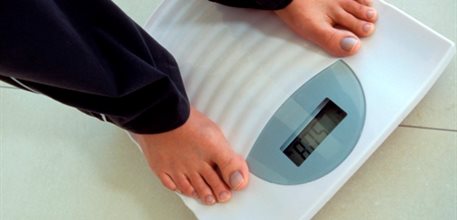Diabetes that is first diagnosed in pregnancy is known as gestational diabetes. If your BMI is 30 or above, you are three times more likely to develop gestational diabetes compared with women with a BMI under 25. You will be offered a test for gestational diabetes between 26 and 34 weeks.
This may be a simple blood test in early pregnancy and/or a glucose tolerance test (GTT) when you are between 24 and 28 weeks pregnant.
A GTT involves fasting overnight (not eating or drinking anything apart from water) and staying in the hospital antenatal area for 2-3 hours:
- In the morning, before breakfast, you will have a blood test. You are then given a glucose drink.
- The blood test is repeated 2 hours later to see how your body reacts to the glucose drink.
If you have had gestational diabetes in a previous pregnancy, you will be offered either a kit to check your own blood glucose levels or a GTT in early pregnancy. If these are normal, you will be offered a GTT again at 24–28 weeks.
During your routine pregnancy care, your urine is tested for glucose at most appointments. If glucose is present in your urine, then your healthcare team may recommend that you have a GTT.
If the test shows that you have gestational diabetes, you will be referred to a specialist for further testing and treatment as required.





